Do I need special batteries for solar lights
As the world shifts towards sustainable energy solutions, solar-powered lighting has become increasingly popular for both residential and commercial applications. One common question that arises when considering solar lights, particularly solar spot lights, is whether special batteries are required. In this comprehensive guide, we’ll delve into the intricacies of solar light batteries, their functionality, and how to choose the right ones for your illumination needs.
Comprehending the Battery Requirements for Solar Lights
Solar lights, including solar spot lights, typically come with built-in rechargeable batteries. These batteries are charged during the day by the solar panels and provide power to the lights at night. While the term “special batteries” might sound daunting, the reality is that most solar lights use standard rechargeable batteries with specific characteristics suited for solar applications.
The most common types of batteries used in solar lights are:
- Nickel-Cadmium (NiCd) batteries
- Nickel-Metal Hydride (NiMH) batteries
- Lithium-Ion (Li-ion) batteries
Each of these battery types has its own set of advantages and is chosen based on factors such as capacity, lifespan, and cost-effectiveness. While NiCd batteries were once the first choice for solar lights, environmental concerns have led to a shift towards NiMH and Li-ion alternatives.
Solar spot lights, in particular, often utilize Li-ion batteries due to their high energy density and longer lifespan. These batteries can store more energy in a compact size, making them ideal for outdoor lighting fixtures that need to withstand various weather conditions while providing bright, focused illumination.
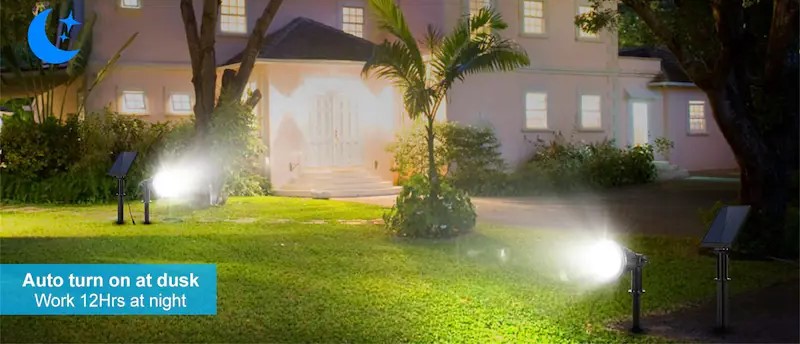
The Unique Characteristics of Solar Light Batteries
While solar light batteries are not necessarily “special” in the sense that they are rare or exotic, they do possess certain characteristics that make them well-suited for solar applications:
Deep Discharge Capability: Solar light batteries are specifically designed to handle deep discharge cycles. This is crucial because solar lights may completely drain their charge during long, cloudy nights or extended periods with minimal sunlight. Unlike standard batteries, solar batteries are built to endure this depletion and still maintain functionality over time. This ability helps ensure that your solar lights can continue to operate effectively without needing constant replacement.
Temperature Resilience: One of the key features of solar batteries is their ability to function across a wide temperature range. From scorching summer heat to freezing winter conditions, these batteries are built to withstand environmental extremes. Solar batteries are designed to operate efficiently even in challenging climates, ensuring your solar lights remain operational year-round. This resilience makes them an excellent choice for outdoor lighting in diverse weather conditions.
Slow Discharge Rate: Solar batteries are engineered to discharge slowly over time, allowing them to retain power for extended periods. This feature is especially beneficial during periods of cloudy or overcast weather when sunlight is limited. With a slow discharge rate, the batteries ensure that your solar lights stay on for longer, even when the sun isn’t shining consistently. This extended operational period reduces the need for frequent charging, increasing the convenience and reliability of your solar lighting system.
High Cycle Life: Quality solar batteries are built to last, capable of withstanding thousands of charge and discharge cycles. This high cycle life contributes significantly to the longevity of solar lighting systems. Unlike conventional batteries that degrade quickly, solar batteries maintain their efficiency and performance over time, offering a long-lasting and cost-effective solution for outdoor lighting needs.
For solar spot lights, these characteristics are particularly crucial. As these lights are often used to highlight landscape features or provide security lighting, their batteries must be reliable and long-lasting. The focused beam of a solar spot light demands consistent power output, which is why manufacturers often opt for high-performance battery solutions.
Maximizing Battery Performance in Solar Lights
To ensure optimal performance and longevity of your solar lights, including solar spot lights, consider the following tips:
Proper Placement: To ensure maximum charging efficiency, place solar panels in areas that receive direct sunlight throughout the day. Avoid shaded spots, as this will significantly reduce the amount of solar energy captured. A well-positioned panel maximizes the battery’s charging capacity, ensuring that your solar lights operate at their best.
Regular Cleaning: Keep your solar panels clean and free from dirt, leaves, or other debris. A buildup of grime can block sunlight and reduce charging efficiency. Regular cleaning helps maintain optimal charging performance, ensuring the batteries receive the energy they need to power your lights effectively.
Avoid Overcharging: Many high-quality solar lights come with built-in charge controllers designed to prevent overcharging. Overcharging can damage the batteries over time and reduce their lifespan. Choose solar lights with these protective features to ensure the longevity and efficient operation of your system.
Seasonal Adjustments: Adjust the angle of your solar panels seasonally to capture the maximum amount of sunlight. This is particularly important for fixed solar spotlights, as the angle of the sun changes throughout the year. Proper adjustments help optimize the performance of your system across different seasons.
Battery Replacement: When it’s time to replace your solar batteries, choose high-quality options that match the original specifications. Using the correct type of battery ensures optimal performance and extends the lifespan of your solar lighting system.
It’s worth noting that advancements in solar technology have led to more efficient solar panels and LED lights, which in turn reduce the strain on batteries. Modern solar spot lights, for instance, can provide brighter illumination while consuming less energy, extending battery life and improving overall performance.
Conclusion
In conclusion, while solar lights don’t necessarily require “special” batteries in the traditional sense, they do benefit from batteries that are optimized for solar applications. The key is to choose high-quality solar lights from reputable manufacturers who use appropriate battery technology for their products. By understanding the nuances of solar light batteries and following best practices for maintenance, you can enjoy reliable, eco-friendly illumination for years to come.
If you’re looking for top-quality solar lighting solutions, including state-of-the-art solar spot lights with advanced battery technology, don’t hesitate to reach out to us at info@forigat.com. Our team at BITPOTT is committed to providing innovative, efficient, and durable solar lighting products that meet the highest standards of performance and sustainability.
References
- U.S. Department of Energy. (2021). Solar Lighting. Office of Energy Efficiency & Renewable Energy.
- National Renewable Energy Laboratory. (2022). Battery Storage Technology Improvements. NREL.gov.
- International Energy Agency. (2023). Solar PV. IEA.org.
- American Lighting Association. (2022). Solar Outdoor Lighting Guide. ALALighting.com.

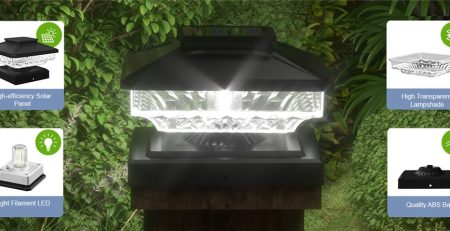


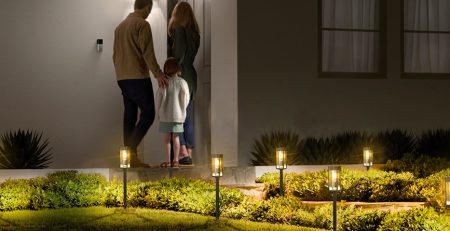


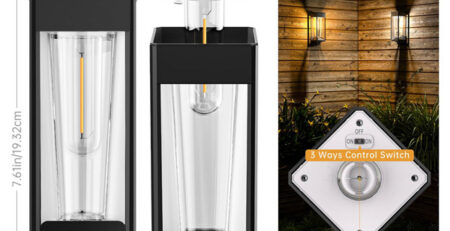


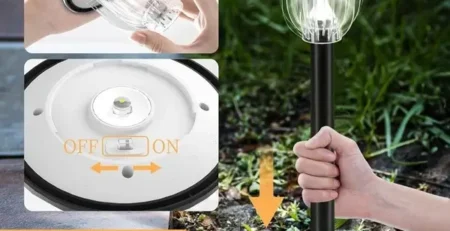
Leave a Reply